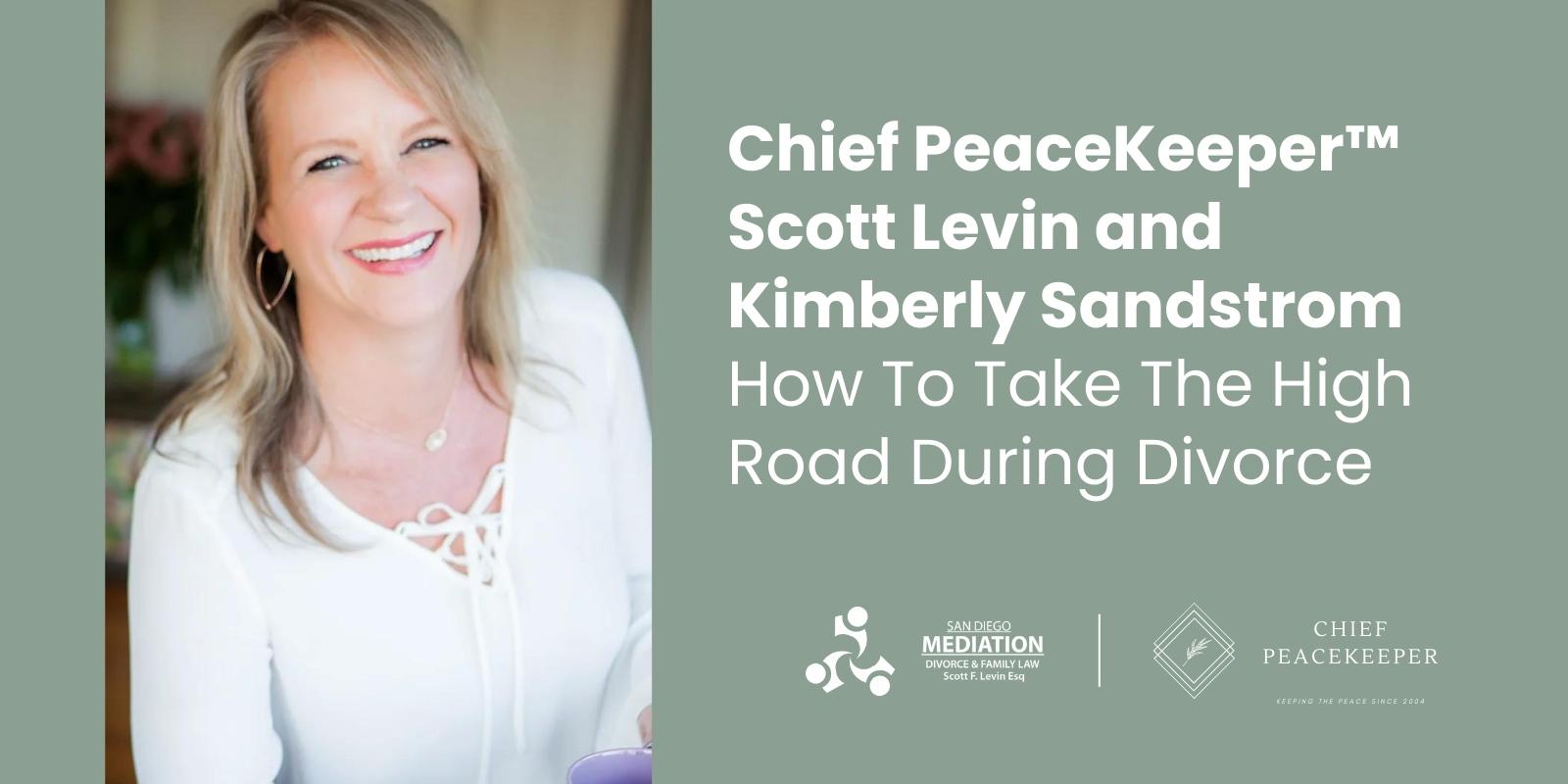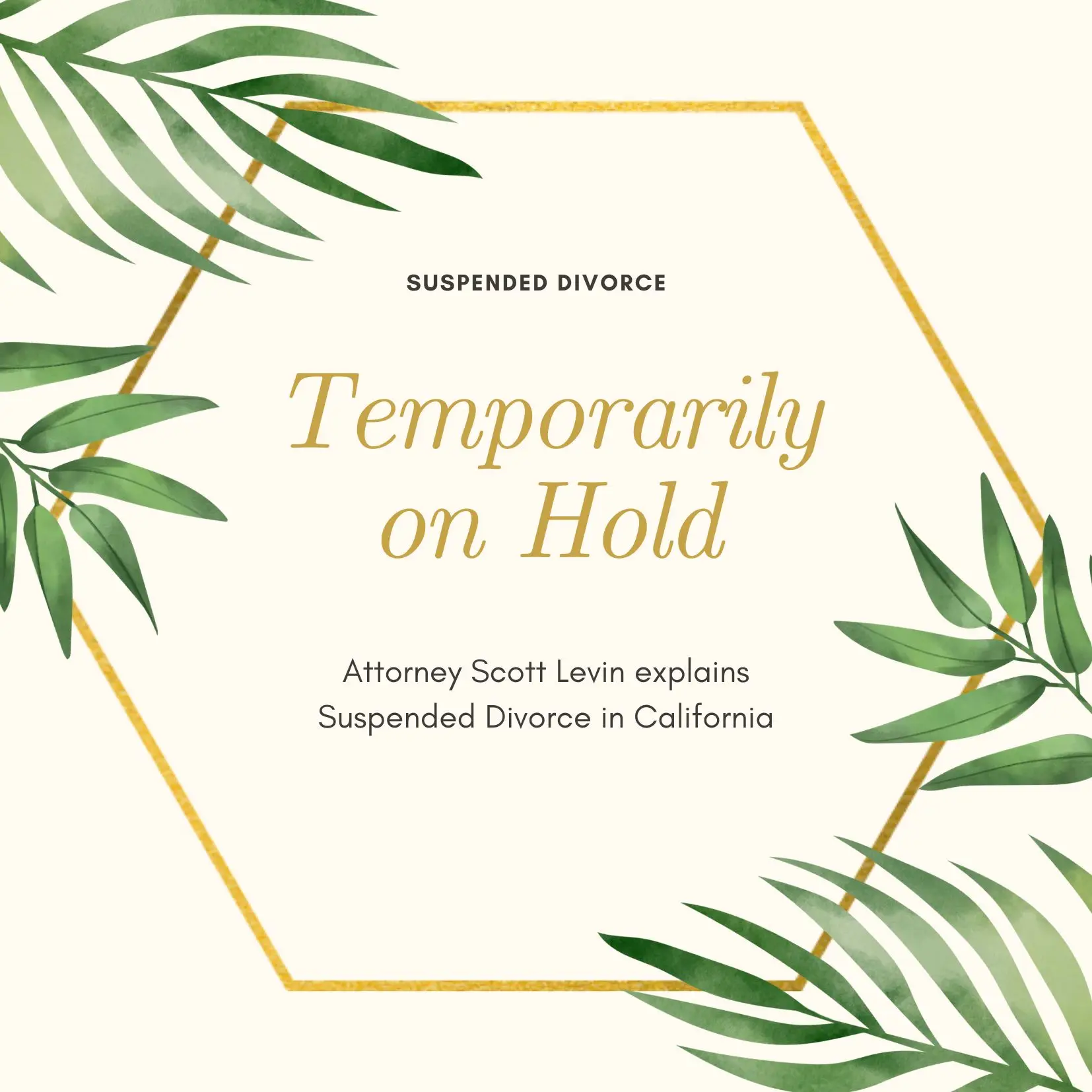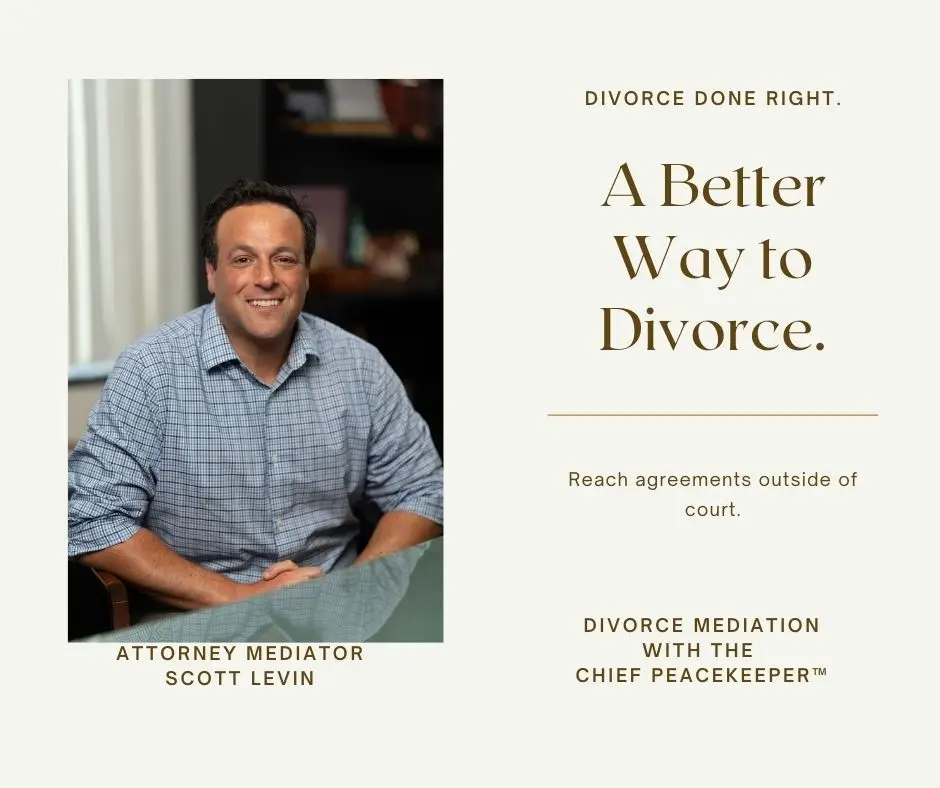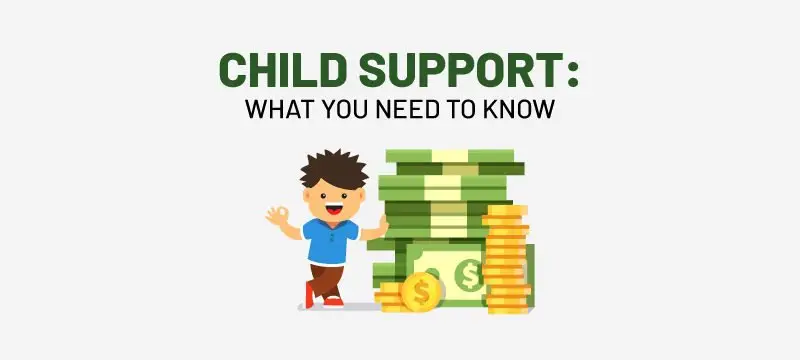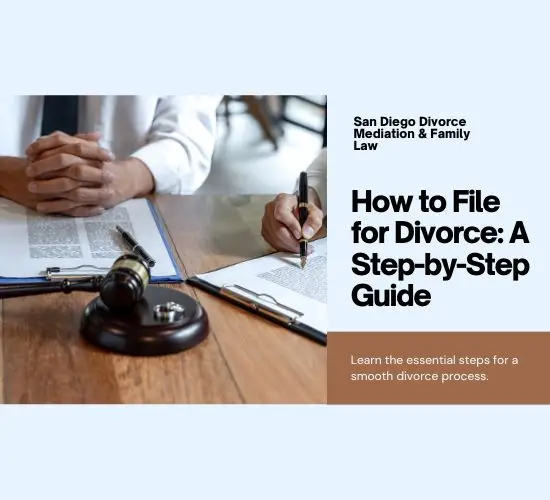See why it’s important that you focus on the business of divorce and take the high road so that you stay away from the past.
Chief PeaceKeeper™ Scott Levin 0:01
Hi everybody. This is Scott Levin chief peacekeeper™ And today, I am with Kimberly Sandstrom. Hi Kimberly. Hi, Scott, how are you today? I’m so good. Thank you. Kimberly is a licensed Marriage and Family Therapist and a divorce therapist, which is how I know her from the divorce world. And she has a really cool Instagram and brand called the classy girls guide to divorce. And Kim, Kimberly, it’s actually gonna you’re writing a book, is that correct?
Kimberly Sandstrom 0:30
I am I’m in the process of it. It’s slow going, you know, I have to balance it with practice and personal life. But yes, I am. And just to clarify, because I know a lot of people think I just work with women. I’m the classy girl. So that’s the classy girl’s guide to divorce. So there you go.
Chief PeaceKeeper™ Scott Levin 0:45
Cool. And I love that like just the image that is like, you know, you get in your mind when you say it. Because you know, and that actually leads in, I think to our conversation topic today, which is, you know, Kimberly, and I want to talk to people about how you can take the high road during a divorce. Now, not an easy thing to do, right? Oh, no,
Kimberly Sandstrom 1:06
no, no, taking the high road takes every molecule and muscle in your body to actually do so. But once you get the hang of it, it works. And then you can sleep at night.
Chief PeaceKeeper™ Scott Levin 1:18
And so yeah. So think about as you go on after watching this video, just think about the class use girl classy girls guide to divorce, what image does that put you in or put you in your mind. And listen to some of the tips and tricks that we’re going to talk about today. But you know, one of the things that I speak to my clients about at the beginning of their Divorce Mediation is because I’m working with most often both parties in the same room or virtual room these days. And I often will say, a quote that I’ve learned a long time ago, of course, I wrote it down for today. But conflict cannot survive when only one person participates. So Great Scott. It takes two to tango. And so what I mean by that is what I try to explain to people is that Listen, if you’re being baited, just let it go. Because eventually, the other person will stop. And I’ve seen it 1000 times they will you will that that baiting and those little comments will end if one of the parties can just let it go.
Kimberly Sandstrom 2:25
Absolutely. And I think one of the biggest things, Scott is that in your line of work when you see less emotion in the room, it saves your clients money because they’re not spending as much time. I you know, I know that takes away from your hourly rate, but it is what it is it’s you know, it makes the process go faster.
Chief PeaceKeeper™ Scott Levin 2:43
Totally. So I’ve been speaking about how to take the high road. Kimberly, do you have some basic tips or ideas that you could relate to our viewers?
Kimberly Sandstrom 2:53
I do. I could go on probably for an hour, but I’m taking it because most people are going to turn this off after a couple of minutes. I’ll just go to some bullet points. And then if you have any questions around any of those, I can expand on it. Does that sound good? Absolutely. Okay, cool. So first of all, you have to commit to taking the high road. And I want to share with you like really quick that what does that mean? What is the high road? And of course, I write stuff down because verbatim is always better than just trying to. So it comes from a 1948 presidential campaign, taking the high road and its president Truman’s. Yeah, I discovered this research, President trimmer, Truman’s opponent, Robert Dewey told voters he was taking the high road to let voters decide whether President Truman was taking the moral ground on campaign tactics. And while we’re not going to get into politics right now, because boy, there’s a lot of high ground that they could take right now. But all candidates, that’s where it comes from. So taking the high road is harder. The low road is those jabs. You talk about the emotions that come in the room, offloading our hurt to our soon-to-be ex-spouse, and those don’t move the conversation along. They might feel good at the moment. But overall, they actually stop a conversation and end up with what you said there’s conflict. So if one person isn’t participating in that, even though it’s super hard, I remember being in mediation and actually tearing up wanting to say something, and I’m sure I did at times I can’t remember now but I tore up and really just it stopped me It froze me. And then I couldn’t think about what I was supposed to be doing with the business. So I found that this is a process that I’ve learned post-divorce, but it’s something that works for me. So commit to it. That’s the first thing I would say. One of the biggest things we do is we project onto our partner or we make assumptions on what they’re thinking and feeling or why they’re doing something. It’s really important not to do that because we don’t know when we’re divorcing, we’re splitting, right? So there’s no longer a there is no longer it, it’s no longer your ex’s responsibility to, to pay attention to your feelings. So that’s where you go to girlfriends guy friends, family members, and offload those things outside of mediation. So you can focus on the business of divorce, which is really hard, and there are emotions involved. But bringing those in doesn’t help. So I just say, don’t make assumptions about the motivation of your partner, even if you’ve known them for 30 years, and you make assumptions, you can’t do it. So that leads me to the next point, which is to step into their shoes, which is one of the hardest things to do. If you’re the person that’s having to pay spousal support, that’s really scary, right? Because you’re, you’re now supporting two households or child support. So that person is going to be naturally threatened as they’re thinking about their financial picture. And so having that compassion for what they might be going through, can actually lead you to be a bit softer in your responses and not giving up your power, of course, but being softer in your responses and move the conversation along. If you’re the person who is worried about receiving, maybe you didn’t make as much money as your spouse, that’s a scary place to be to, what is my life gonna look like? What is my financial picture going to look like? It’s never the same as when you were married. I mean, you know that it’s just not going to be the same for the most part, our lifestyle changes, and in most cases when people divorce, so you don’t want to make assumptions. Any questions around any of that so
Chief PeaceKeeper™ Scott Levin 6:31
far? I think those are great points. And it’s, it’s something that’s difficult to do in terms of the reality is that unless you’re just extremely fluent, your lifestyle is going to change, but spousal support is really an important part of, of trying to perform Kimberly’s suggestion because, you know, the payor is, you know, oftentimes frustrated and, you know, doesn’t know how they’re gonna pay and live. But the payee, you know, that without that money, you know, would be on this, you know, almost on the street sometimes. So, it’s, it’s, it’s a really it’s a thing, that’s the most, there’s the most conflict around spousal support. It is negotiable.
Kimberly Sandstrom 7:19
There’s no set, you know, there’s the DISA Master, but that’s, you know, not necessarily it’s just a guideline, right, the guideline, correct, right. And I know for me, Scott that, in, in that regard, I talked to some of my friends, around the as payees, and as payers and ask them all sorts of questions when I was going through the process, so I could get a sense of what it might be like for my ex, I wasn’t perfect, you know, no one is, but I remember thinking like, Okay, he’s saying this, or he’s doing this because he’s hurting, or he scared. And I went into that mode so that I could move the conversation along. And try my best I did, you know, I’m sure I made mistakes. Again, as I said, I can’t remember, that leads to another thing, too, is we want to put the children first, if there are children involved, think about your children, if they hear you talking about the other parent, it offloads those feelings elsewhere. It doesn’t help kids need to have access to both parents. I’ll be without abuse, but they need to have access to both parents. And it is best for kids to have a relationship with both parents. And if you’re talking a lot of kids internalize, when they hear, oh, dad or mom is bad. they internalize and say, Well, you know, if mom and dad are bad, then I must be too. And so
Chief PeaceKeeper™ Scott Levin 8:40
they’re almost like what my kids are like, half me and half my wife, you know, we’re both there. But we’re in them, you know? And if you attack one, you’re almost attacking the child, like you said, Absolutely.
Kimberly Sandstrom 8:53
Absolutely. So we want to put them first and taking the high road is hard. It’s hard not to say, your piece or your side of the story to your children. But the reality is they don’t want to hear it. My kids have great boundaries. They don’t let up not that we would, but they don’t let their dad or me talk about them at all. Like we don’t, but if we said anything, I know they would shut it down. They’re really great with their boundaries. But you know, younger kids don’t have those. They haven’t learned those yet. So you want to be really careful. The other bullet point I have is, you know, do not engage and I help clients with this all the time, whether they’re married or divorcing, do not engage with your spouse’s hurt, meaning your quote, do not engage with the conflict. Stick to the business. When you get an email or communication from your ex-spouse, you want to. You want to I know we’re almost out of time, but you want to take 24 hours to respond to be if it has an emotional trigger for you and only replies to the business part of it.
Chief PeaceKeeper™ Scott Levin 9:53
I think those were great introduction tips and I want to encourage everyone to do Contact Kimberly she’s she can work with you. I assume by phone over online to some extent right Kimberly
Kimberly Sandstrom 10:09
within California yes I’m in sessions and eventually, we’ll be back in person but
Chief PeaceKeeper™ Scott Levin 10:13
yes and and and follow her. The classes guide the classy girls guide to divorce on social media and please reach out to her she’s really a very special and incredible person I’ve known for quite some time. In the diverse realm. Of course, she also does Marriage and Family Therapy. But for people that are going through a divorce, I give her name and number out all the time. Thank you. So nice keeper. Thank you. Alright guys, and check out the next video. Thanks a lot. Awesome.
Transcribed by https://otter.ai

